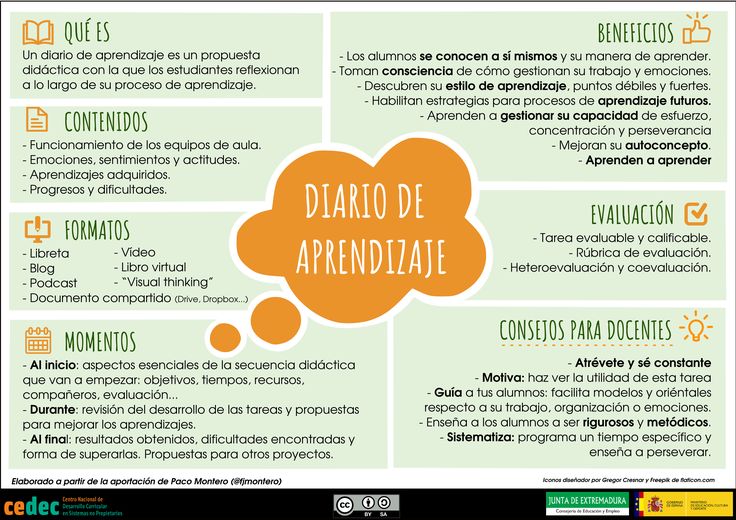Teaching children about fear
How to Help Children Manage Fears
Fears are an inescapable part of being a kid: Hiding behind the couch during a thunderstorm. Being sure there’s something in the closet — a monster! Performing those endless nighttime gymnastics —Five more minutes! One more glass of water! — to avoid going to bed by themselves.
When these fears rear up, as parents our natural instinct is often to soothe and comfort. There’s nothing under the bed, I promise! But, realistically, parents can’t — and shouldn’t — always be there to help kids calm down. Teaching your child how to manage his fears without parental intervention will help him build the confidence and independence he’ll need to feel more in control, and less afraid, both now and as he grows up.
Self-regulation
So how do we help kids start feeling braver? The key is an invisible skill called self-regulation. Self-regulating is essentially the ability to process and manage our own emotions and behaviors in a healthy way. It’s what gives us the ability to talk ourselves down or to feel things without acting on them. Most grown-ups practice self-regulation without a second thought. Think of feeling a moment of fear before reassuring yourself that there’s really nothing scary about a dark room. But for kids, building self-regulation takes time, practice and space to learn — which means parents have get comfortable with letting kids be a little uncomfortable as they figure things out.
Don’t fear fears
“Being afraid sometimes is a normal, healthy part of growing up,” says Elianna Platt, MA, LMSW, a licensed social worker. And, while kids do unfortunately sometimes face things that are truly frightening, most garden-variety childhood fears don’t represent an actual threat — the “monster” in the closet is just an old coat you’ve been meaning to donate — which means they actually present an ideal chance for kids to work on their self-regulation skills. But for that to happen, parents often have to address their own anxiety first.
“We want to give kids the chance to practice getting through difficult situations,” says Platt, “but for a lot of parents, that’s easier said than done.” When you see your child in distress the natural response is to want to make it better, especially if the fix seems like an easy one. But, though jumping in might help your child be less afraid in the moment (and feel better to you), in the long run it can make it more difficult for her to learn how to calm herself down. “If kids get the message that Mom or Dad will always be there to do the comforting, there isn’t much incentive, or opportunity, to learn how to do it themselves,” notes Platt.
How to help
Of course this doesn’t mean withdrawing all support. “We’re not talking about suddenly putting your kid in his dark bedroom and saying “Bye! Be brave! See you in the morning!” says Rachel Busman, PsyD, a clinical psychologist at the Child Mind Institute. The goal she says, is to gently guide kids along until they’re ready to take the reins themselves.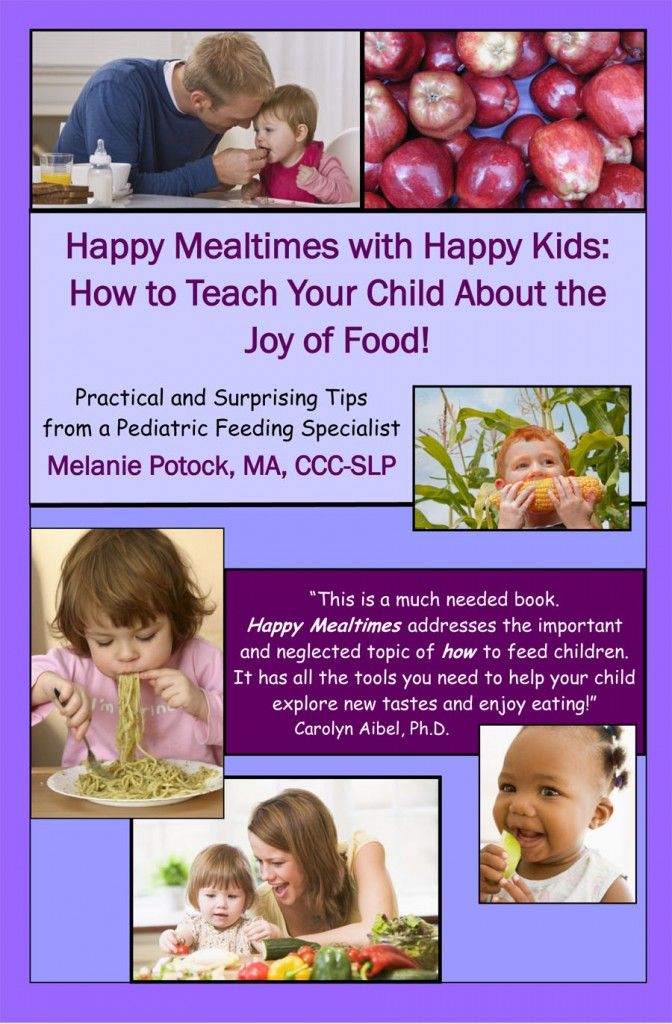 “We want to provide the scaffolding they need to stand on their own.”
“We want to provide the scaffolding they need to stand on their own.”
So what’s the best way to help (without helping too much)?
Help your child talk about what’s frightening him. Kids may know what they’re scared of, but they don’t always have the words to explain. Asking specific questions can help. For example if a child is afraid of dogs you could say, “What makes dogs scary?” “Did a dog surprise you or knock you over?” “Is there a certain dog you’re afraid of?” Once you have a better grasp on what your child is afraid of you’ll have a clearer idea of how to help her work through it.
Some common childhood fears are:
- Being alone
- The dark
- Dogs or other big animals
- Bugs
- Heights
- Getting shots or going to the doctor
- Unfamiliar or loud noises
- Imaginary monsters — the “thing” under the bed, etc.
Validate, then move on. Once you know what the fear is, let your child know you’re taking it, and him, seriously. “When a kid says something’s scary, there’s a pretty good chance that we as adults don’t think it’s scary,” says Dr. Busman. “But we always want to start by validating their feelings.” For example, instead of “Oh come on, that wasn’t scary!” or “What is there to be afraid of?” try, “Wow, it sounds like you were scared!” or, “I know a lot of kids worry about that.”
“When a kid says something’s scary, there’s a pretty good chance that we as adults don’t think it’s scary,” says Dr. Busman. “But we always want to start by validating their feelings.” For example, instead of “Oh come on, that wasn’t scary!” or “What is there to be afraid of?” try, “Wow, it sounds like you were scared!” or, “I know a lot of kids worry about that.”
Once you’ve offered reassurance it’s important to move on quickly, says Dr. Busman. ”We don’t want to dwell on offering comfort around the scary thing, because even that can become reinforcing and take on a life of its own.” Instead, start talking about how you’ll work together to help him start feeling braver and get to the point where he’s able to manage the fear by himself.
Make a plan. Work with your child to set reasonable goals. For example, if she usually needs you to sit in the room with her until she falls asleep, you could agree that by the end of the week she’ll try turning off the light and falling asleep on her own.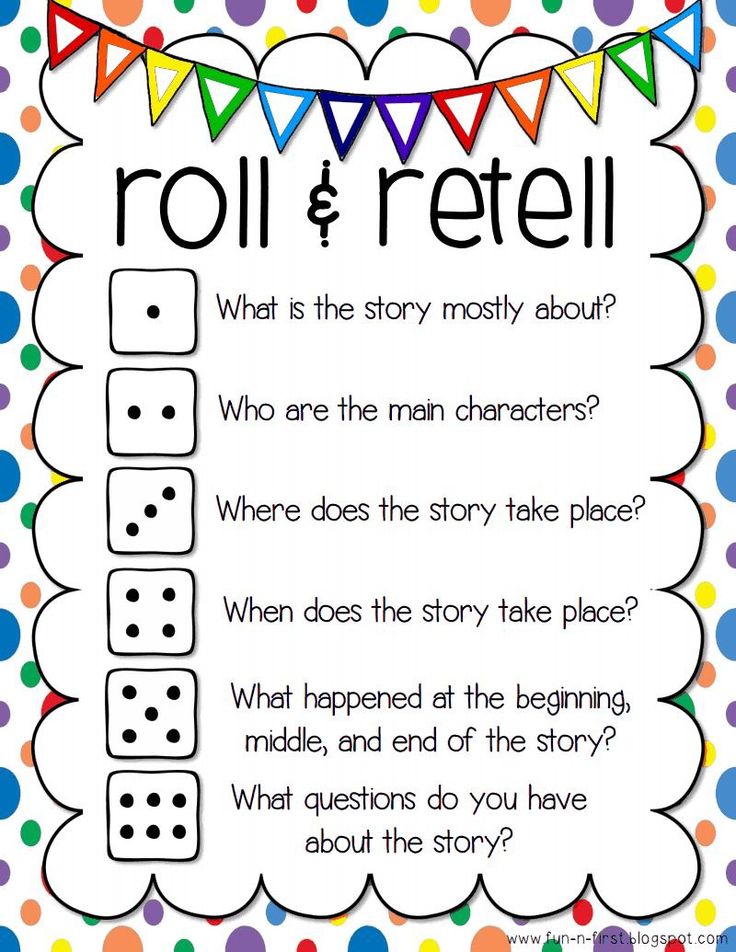 Once you’ve set the goal, talk through the steps you’ll take to reach it, and be patient.
Once you’ve set the goal, talk through the steps you’ll take to reach it, and be patient.
For example, a plan might be:
- Night one: Agree that you’ll read two books, turn off the lights, put on a nightlight and then sit there quietly with her (no talking or playing) until she falls asleep.
- Night two: Read one book, then turn the lights off and nightlight on. You’ll leave the door cracked and be right outside, but not in the room.
- Night three: Read one book, then nightlight on and door closed.
- Night four: Read one book, then lights out and door closed.
Offer encouragement, and be patient. Finally, parents should remember that change takes time, and fear is a very powerful feeling. Stay consistent and praise your child’s hard work: “I thought it was really brave of you to stay in your room for half an hour. Let’s see if we can go longer tomorrow!”
Let your child know you think he can tackle his fears, even if he isn’t so sure yet.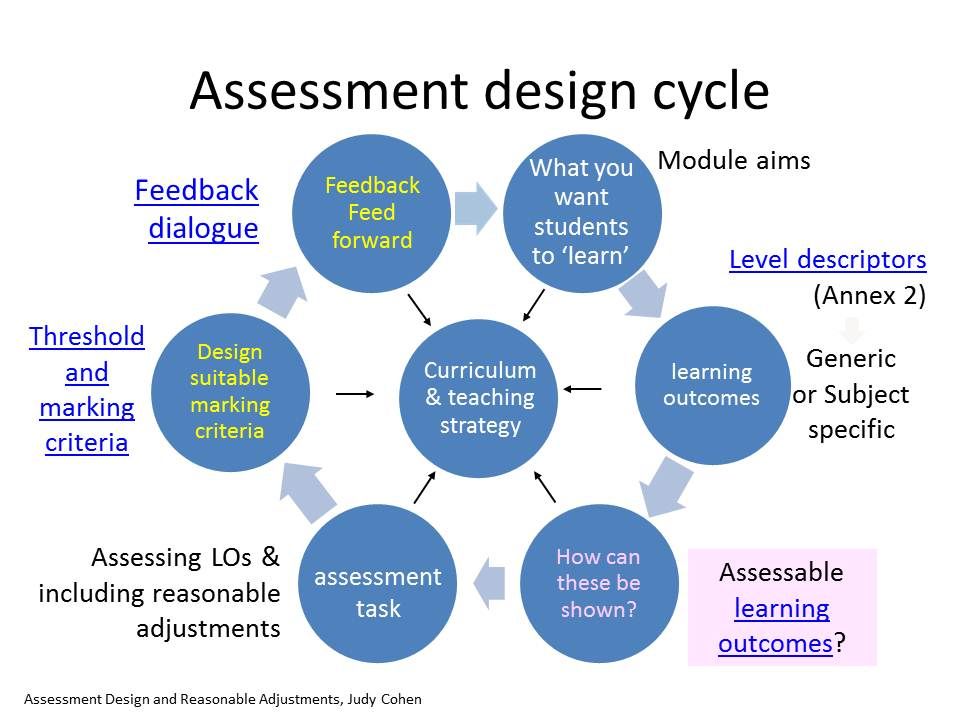 “Saying things like, “You’ve got this!” or, “You’re being so brave!” can help your child feel more confident,” says Dr. Busman. Kids, especially younger ones, may need a few tries before things stick, so don’t give up if your child is still asking for that third glass of water or hiding from dogs on the street even after you’ve started working on building bravery.
“Saying things like, “You’ve got this!” or, “You’re being so brave!” can help your child feel more confident,” says Dr. Busman. Kids, especially younger ones, may need a few tries before things stick, so don’t give up if your child is still asking for that third glass of water or hiding from dogs on the street even after you’ve started working on building bravery.
Not all fears are the same
Helping kids learn to manage fears they face on a regular basis, like being scared of the dark or afraid of going to the doctor, is essential, but not all fears are created equal.
“Fears that don’t interfere with a child’s life don’t always need getting over,” says Dr. Busman. For example, if a child doesn’t like scary movies, that’s fine. It may actually be a testament to his self-advocacy skills, notes Dr. Busman. “Deciding, ‘I don’t like these, I’m not going to watch’ is your child standing up for his needs and saying, ‘This is my limit.’”
On the other hand, if your child’s fears are persistent, overly intense, or begin interfering with her daily life, it might be time to seek help.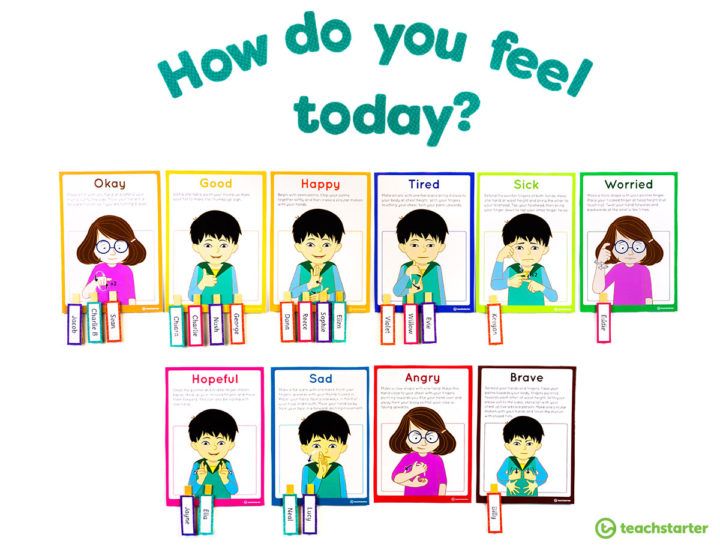 Signs that a fear may be something more include:
Signs that a fear may be something more include:
- Obsessive worrying: Your child fixates on the object of his fear, thinking or talking about it often, or even when the trigger isn’t present. For example, becoming terribly anxious months before his next dentist visit.
- Fears that limit your child’s ability to enjoy her life or participate in activities. For example, refusing to go on a class trip to the park because there might be dogs there.
Intense, specific fears that cause impairment.
Signs of severe anxiety like panic attacks, compulsive or disruptive behavior, or withdrawing from activities, school or family.
If your child’s fears seem like they might be something more serious, make an appointment to talk with a professional to see if more help is necessary.
7 Ways to Help a Child with Fear
I’ll never forget the time a much beloved uncle brought my 3-year-old son a present — a battery operated 2 foot tall robot with flashing red eyes that lurched across the room making beep-beep noises. Uncle thought he’d brought a perfect present for a little boy. But my son would have none of it. He howled and fled the room.
Uncle thought he’d brought a perfect present for a little boy. But my son would have none of it. He howled and fled the room.
Uncle wisely put the offending robot in a corner and gathered my son into his lap for a gentle talk. He suggested that, with his help, just maybe my son could make friends with the robot. After a reassuring hug, my son was willing to touch the thing. He then wrapped it in a blanket to carry around like a baby, making something he feared into something to care for. Uncle was happy. I was relieved. My son took another step in learning how to manage something he feared.
Parents often ask me how to handle children’s fears. Some studies show that up to 90 percent of children between the ages of 2-14 develop at least one specific fear, with fear of animals, the dark, or imaginary monsters or ghosts being among the top issues. Most of these fears diminish over time. But some are persistent. Some limit a child’s development and opportunities.
We can’t shield our children from everything that may inspire fear. But how a parent reacts to a fear can determine whether a child becomes overly anxious or develops the tools to cope with whatever is making them fearful.
But how a parent reacts to a fear can determine whether a child becomes overly anxious or develops the tools to cope with whatever is making them fearful.
Dos and Don’ts for dealing with children’s fears
1. Don’t pretend you are not afraid of things you fear. Children have radar for when the adults are lying — which makes them all the more fearful. Better to tell a child you have a silly fear and you are working on it.
Do deal with your own fears. An overly fearful parent will create an overly fearful child. If you are terrified of dogs, heights, ghosts, etc., chances are very good your child will be, too. If you know you have an irrational fear that is limiting you, you owe it to yourself as well as to your child to work on cutting it down to size. A mental health counselor can offer you important support and guidance for doing so.
2. Don’t try to talk your child out of an irrational fear. Kids (adults too) can’t be reasoned out of things that aren’t reasonable to begin with — at least not at first. Once the panic response sets in, you won’t get through with a reasonable argument.
Once the panic response sets in, you won’t get through with a reasonable argument.
Do recognize that your child’s fear is real, even if you think it is irrational. Validate your child’s feelings by acknowledging the fear. This lets him know that you are in his corner and that you are going to help him. That alone will bring his anxiety down a notch.
3. Do not ever belittle a child for being scared. Putting a child down only adds shame to the original problem. It’s important that parents view fears as an important opportunity for teaching, not as a character flaw.
Do emphasize your child’s strengths. Remind her of other things that she used to be afraid of but that she managed. Let her know you think she is strong enough to handle it.
4. Don’t distance from the child. Punishing a child for being afraid by walking away or isolating him in his room will increase his panic.
Do provide reassuring touch.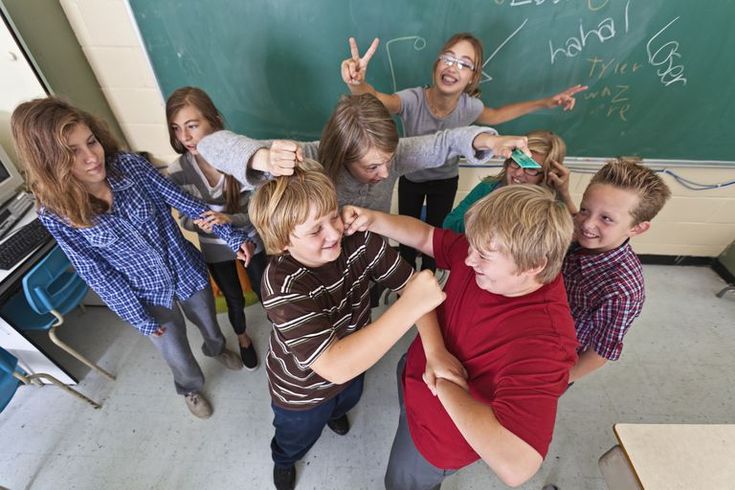 When a small child’s fears are activated, words alone probably won’t be enough to calm her. Gently pull her close or take his hand. Physical contact lets the child know that you are offering protection. Your calm presence communicates that whatever is frightening is manageable.
When a small child’s fears are activated, words alone probably won’t be enough to calm her. Gently pull her close or take his hand. Physical contact lets the child know that you are offering protection. Your calm presence communicates that whatever is frightening is manageable.
5. Don’t rush to reassure if you are sure that the child won’t be harmed. An over-response on your part will have two unintended but unfortunate consequences: If you panic, the child will believe he has something to panic about. If you react with lots of hugs, words and fuss, she’ll learn that a sure-fire way to get your attention is to act afraid.
Do be supportive without going overboard. A child can only learn to master fears if they are supported in facing them.
6. Don’t avoid people, places and things that make your child anxious. “Protecting” your child in this way signals to him that there is something to be anxious about and that you don’t think he can handle the situation.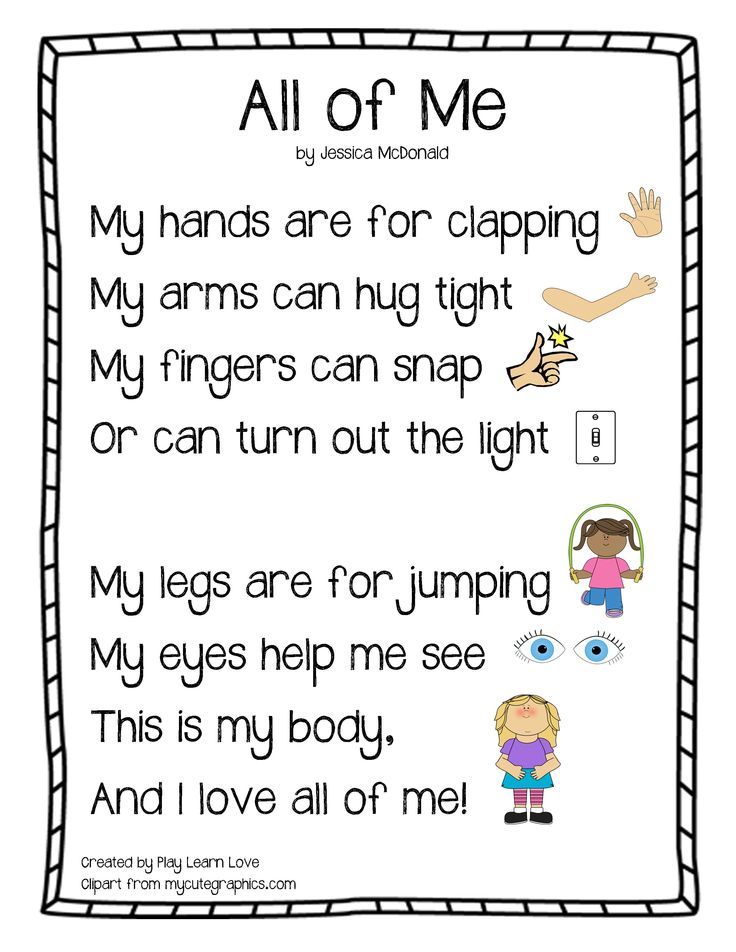
Do gradually reintroduce the feared issue. Expose the child to whatever she fears in small steps to teach her she can handle it. If she’s afraid of a big dog, for example: Read storybooks together about dogs. Play with a toy dog. Introduce her to a friend’s small, calm dog. Work up to petting a large dog.
7. Don’t ignore this important part of your child’s education. Learning to cope with unusual, unpredictable or frightening things is essential if our children are to feel empowered to take care of themselves. It’s our job to give our children the tools they need to assess risks, to approach a new situation with confidence and to cope with frightening things they cannot change.
Do purposefully work on helping your child be a resilient person. Read books together about kids who master fear. Teach relaxation skills. Encourage her whenever she draws on courage to do things. Help him distinguish between when being afraid tells us to be cautious and when it is just getting in the way of doing something new and exciting.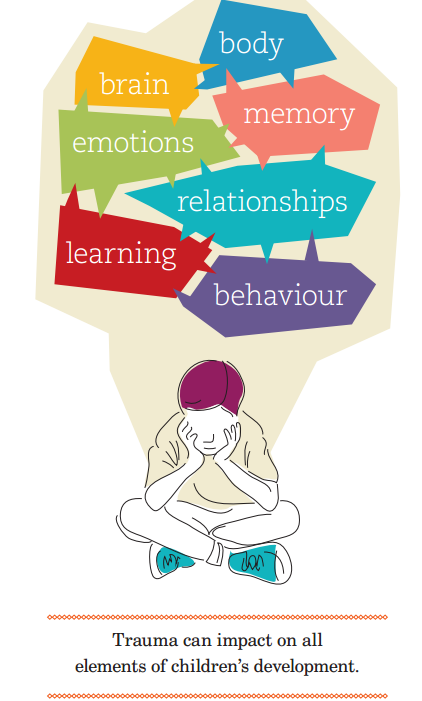
Analysis: what does it mean to teach children "the fear of the Lord"
Leafing through the pages of the Bible, Christian parents have no right not to notice a simple truth: it is parents who are primarily responsible for the spiritual upbringing of children. No church, no Sunday school, nothing else can do it for them. They can help, but nothing more. According to God's plan, it is the family that should become a kind of greenhouse in which the necessary gospel temperature is maintained to protect young shoots from the destructive cold. Therefore, if we know the Lord, but do not devote time to instructing our children, then we are on the way to tragedy. Of course, we do not want this, because we sincerely wish our children the best! To understand what it is, we turn our attention to Psalm 33, which repeatedly mentions this blessing. As we reflect on the spiritual education of children, we will focus on verse 12: “Come, children, listen to me; I will teach you the fear of the Lord” (Ps.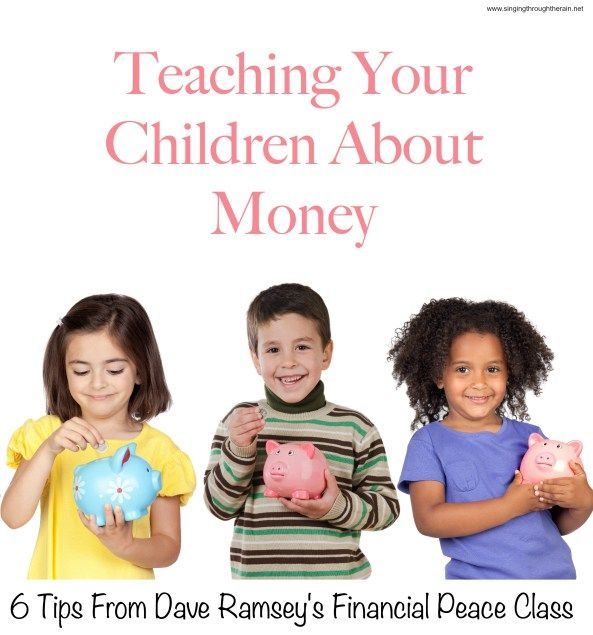 33:12). These precious words remind us that we must teach our children that only a relationship with the Lord is the key to survival in a hostile world. As we reread verse 12, we will ask three questions about the spiritual education of children: Why, what, and how should we teach our children?
33:12). These precious words remind us that we must teach our children that only a relationship with the Lord is the key to survival in a hostile world. As we reread verse 12, we will ask three questions about the spiritual education of children: Why, what, and how should we teach our children?
Why should children be taught?
Before us are the words of King David, who acts as a parent calling his sons: “Come, children, listen to me” (Ps. 33:12a). Like a wise father
he invites them to pay close attention to what he is about to tell them. He wants to convey something important to them. In the context of this psalm, we find two reasons why parental instruction is worth considering.
First of all, sooner or later everyone has to face the enemy outside. David knew firsthand how serious the pressure of the Gentile world is, because he wrote this psalm when he was surrounded by the wicked. In the title of the psalm we read: "David's psalm, when he pretended to be mad before Abimelech and was cast out from him and went away" (Ps.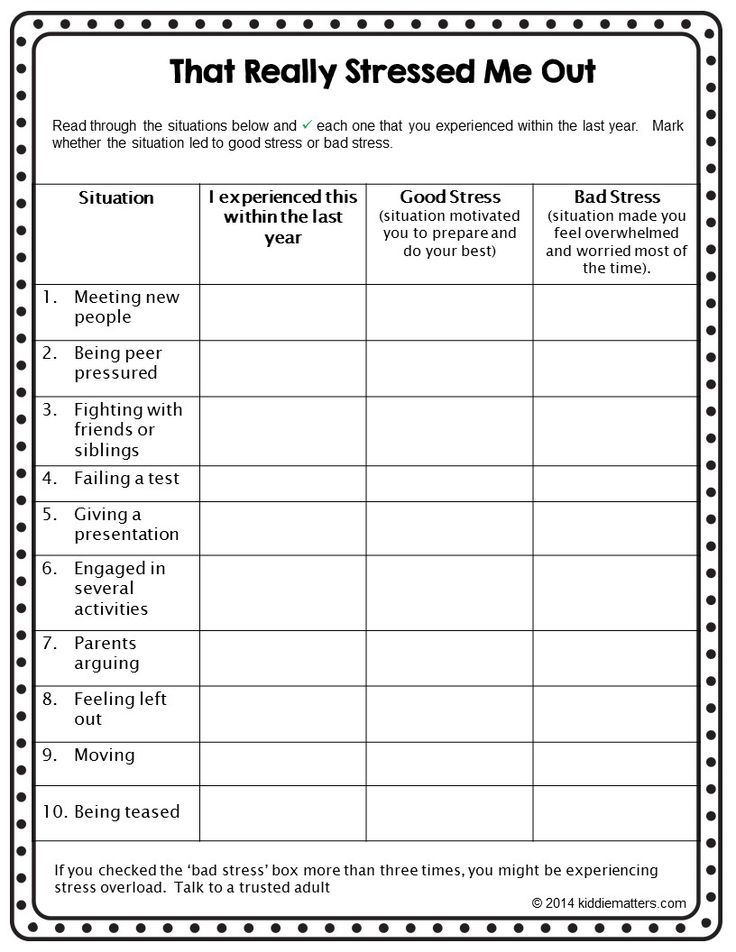 34:1). His enemies most likely mocked him quite a bit in this situation (1 Sam. 21:13-15), so that he remarks, "Many are the afflictions of the righteous" (Ps. 33:20).
34:1). His enemies most likely mocked him quite a bit in this situation (1 Sam. 21:13-15), so that he remarks, "Many are the afflictions of the righteous" (Ps. 33:20).
Our children will inevitably face the same enemy when wicked society exerts its pernicious influence on them. The school will teach them day by day about evolution, paganism, the commandments of men, worldly outlook, and so on. Numerous sections and additional classes, to which parents consider it their duty to enroll their children, will teach them day after day to rely on their own strength, pride and boast of their achievements, competitive spirit and intransigence, and sometimes simply aggression. Friends and classmates will put pressure on them day after day, drag them into their gadgets, teach them foul language, anger and debauchery. The media will put godless ideas and images into their minds day after day. And what do we oppose to all this? Shall we bring you to church for two hours? Shall we pray with them before meals and before going to bed? And that's it?! We need to realize our daily responsibility to have a greater influence on our children than the world around them in which they are destined to live!
However, the enemy outside is not the only enemy of our children, there is also an enemy inside.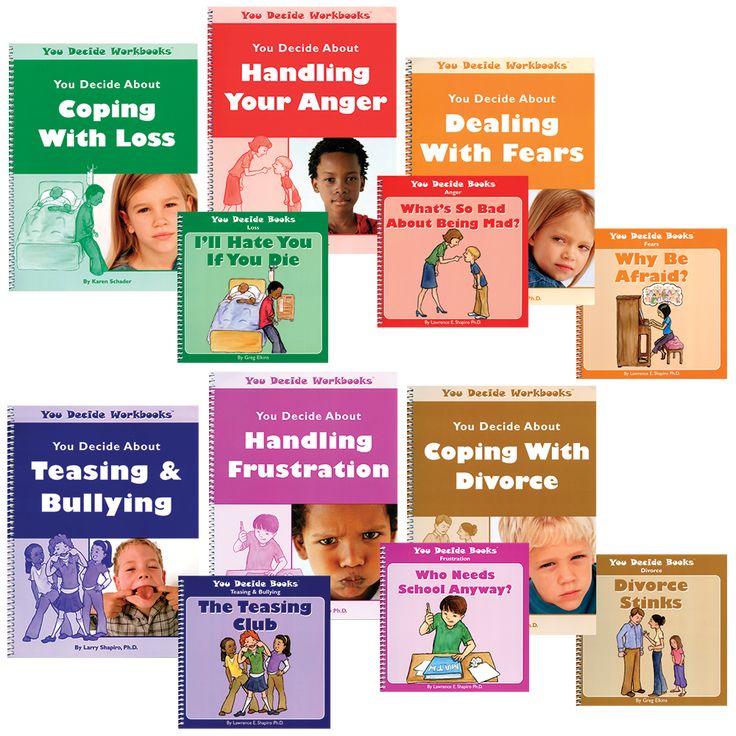 By urging the children to heed his words, David points out their need for guidance and desires to share with them what he has learned by experience, for they, like other young men, are characterized by inexperience (Prov. 7:6-7). So are our children. Although they are inexperienced, they are already quite self-willed because of their inherent sinfulness and, as a result, they are constantly in danger. The enemy within, or the sin that lives in the heart, is the most dangerous enemy, because he is always with you. It is not just that the future king “feigned madness before Abimelech” (Ps. 33:1).
By urging the children to heed his words, David points out their need for guidance and desires to share with them what he has learned by experience, for they, like other young men, are characterized by inexperience (Prov. 7:6-7). So are our children. Although they are inexperienced, they are already quite self-willed because of their inherent sinfulness and, as a result, they are constantly in danger. The enemy within, or the sin that lives in the heart, is the most dangerous enemy, because he is always with you. It is not just that the future king “feigned madness before Abimelech” (Ps. 33:1).
These simple observations from the psalm remind us that more than anything our children need the gospel of Jesus Christ, which is “the power of God unto salvation to everyone who believes” (Rom. 1:16). Only it can solve the problem of sin, self-will and disobedience, which is gaining momentum in their lives more and more every day. Who can and should fill their ether with the Gospel and offer the right remedy for the sin that breaks through them a thousand times a day? First of all, it's us parents! So why should we teach our children? Because it is dangerous to live in this world without the Word of God!
What should children be taught?
However, David not only invites his children to listen, but also promises something: “I will teach you the fear of the Lord” (Ps. 33:12b). Isn't it an unexpected item? We won't find it in the school curriculum. There is no circle for the study of the fear of God. Modern shows, cartoons and other programs are not dedicated to him either. Moreover, the fear of God is not instinctive. Unlike other fears that come by themselves, even when they are not called, the fear of God must be taught! What is the fear of God and what does it include? According to Solomon's definition, he is "the beginning of wisdom" (Proverbs 1:7). In other words, the fear of God is a reverent or respectful attitude towards the Lord, which determines a wise attitude to life, influencing both the way of thinking and the way of life. Location
33:12b). Isn't it an unexpected item? We won't find it in the school curriculum. There is no circle for the study of the fear of God. Modern shows, cartoons and other programs are not dedicated to him either. Moreover, the fear of God is not instinctive. Unlike other fears that come by themselves, even when they are not called, the fear of God must be taught! What is the fear of God and what does it include? According to Solomon's definition, he is "the beginning of wisdom" (Proverbs 1:7). In other words, the fear of God is a reverent or respectful attitude towards the Lord, which determines a wise attitude to life, influencing both the way of thinking and the way of life. Location
can we learn this attitude both for ourselves and for our children? The answer is very simple: from God's Word. But back to the content of the subject.
First of all, we note that the fear of God affects the way our children think. However, there is one important condition: we ourselves must know God and tell the truth about Him to our children, teaching them to recognize the authority of God and His Word. We should not be afraid to teach children the doctrine of God. Schoolchildren are able to perceive not only stories, but also doctrines. In addition, knowledge of God is much more important for them than knowledge of facts from biblical history. Someone may object: “But it’s difficult!” Then he needs to hear the rebuke of Charles Spurgeon: “If a doctrine is too difficult for a child, then the problem is not with the child, but with the teacher - he has too little understanding of this doctrine” (Come, children, 8). Therefore, if we really care about our children, then we will study God's Word ourselves!
We should not be afraid to teach children the doctrine of God. Schoolchildren are able to perceive not only stories, but also doctrines. In addition, knowledge of God is much more important for them than knowledge of facts from biblical history. Someone may object: “But it’s difficult!” Then he needs to hear the rebuke of Charles Spurgeon: “If a doctrine is too difficult for a child, then the problem is not with the child, but with the teacher - he has too little understanding of this doctrine” (Come, children, 8). Therefore, if we really care about our children, then we will study God's Word ourselves!
However, the fear of the Lord should not remain just a theory, influencing the way our children think. The second sphere of its manifestation is a way of life. Our task as parents is to teach children to walk before God! This means that we must teach them obedience to God through obedience to their parents, since God's Word gives parents authority and authority over their children for their own good. But our children will not be helped simply by the law: “No, no, no!” The older they get, the more they need biblical reasoning, biblical terminology, biblical change.
But our children will not be helped simply by the law: “No, no, no!” The older they get, the more they need biblical reasoning, biblical terminology, biblical change.
Therefore, our task is not just to teach children the Christian form, religious tradition and external actions! We are responsible for teaching them to need God, realize their dependence on Him and trust in Him! All this again reminds us of our children's deep need for the gospel of Jesus Christ
. Any sinner will oppose him, so we are required to persevere and persevere. If we ourselves have received the remission of sins, having gone through a difficult path, let us not be naive to believe that our children will automatically become believers without our efforts on the verge of a possible and God's supernatural action. So what should we teach children? Our task is to teach them the fear of the Lord and a life of worship to God.
How should children be taught?
Verse 12 ends with "I will teach you.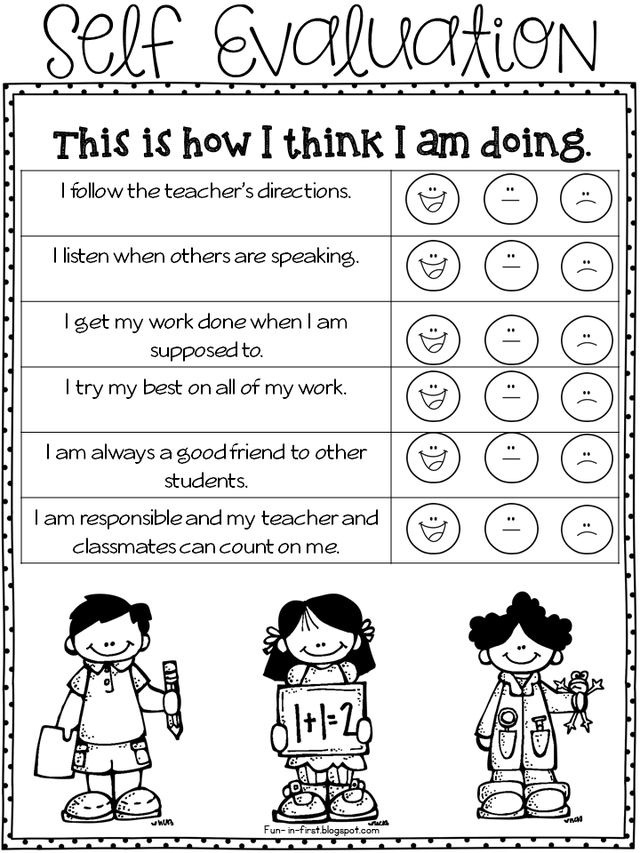 " What does David mean? He talks about formal instruction, but not only about it. The entire psalm is David's personal testimony of his trust in the Lord and God's faithfulness. Thus the psalmist shares with us two ways of teaching that we know must always be in balance. He speaks of personal instruction and personal example.
" What does David mean? He talks about formal instruction, but not only about it. The entire psalm is David's personal testimony of his trust in the Lord and God's faithfulness. Thus the psalmist shares with us two ways of teaching that we know must always be in balance. He speaks of personal instruction and personal example.
Let's start with personal instruction, which is entrusted to believing parents of both the Old and New Testaments (Deut. 6:7; 11:19; Eph. 6:4). This instruction must be carried out at different levels.
First, parents should practice daily conversation, that is, have communication in the context of building relationships. If we want to teach our children something, we need to communicate with them regularly. We need to learn to listen to children, even their unreasonable thoughts. We need to spend time with them so that our communication with them is not just about making amends. We need to use every opportunity to talk about the Lord, to remind about Christ, to interpret everything through the prism of God's Word.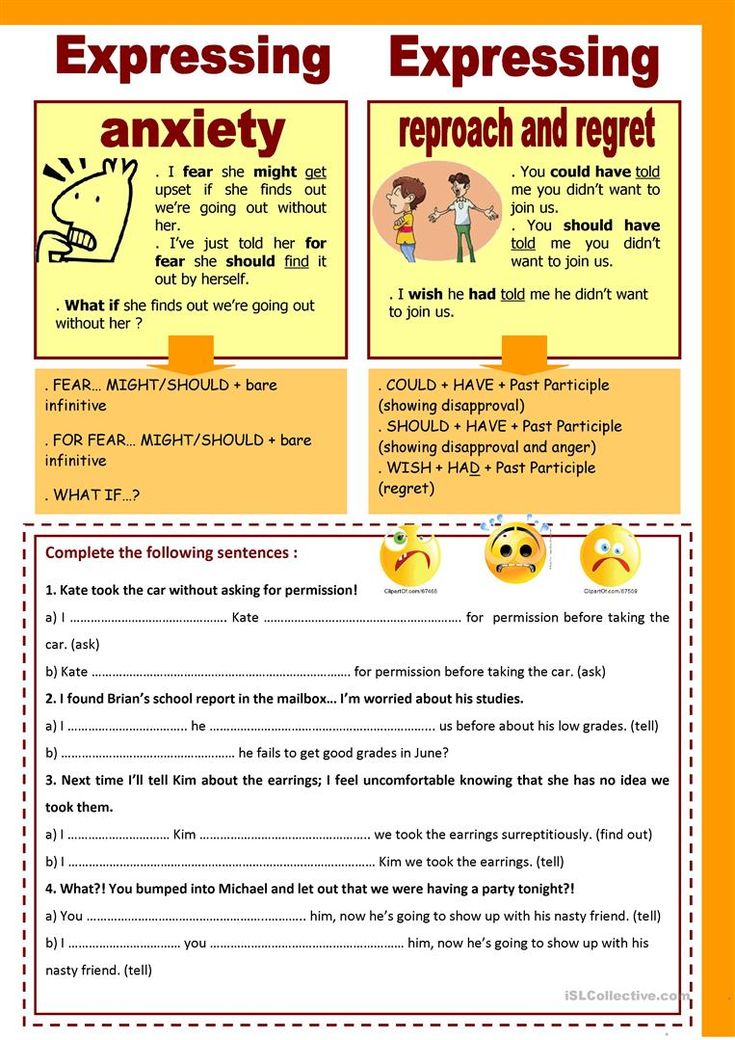 We need to biblically justify our claims and our actions.
We need to biblically justify our claims and our actions.
Secondly, parents should use family worship as a means of instruction. If we want to teach children spiritual truths, we should turn the family into a home church in which everyone lives by Christ and the gospel. We need to teach them to listen, including to God's Word. We need to instill in them love for God, His Word and prayer. Therefore, we must gather together so that the children learn from us to the extent of their age and faith to worship God! Whatever form family worship takes, we need to remember that it necessarily requires spending time with the children! Although it is not easy to find the time in the conditions of modern life and the eternal temptations of the flesh, let's not forget that relationships play a major role in instruction, and they need to be consciously built up!
However, all our words will be absolutely useless if the children do not see that we live as we say, that is, our personal example.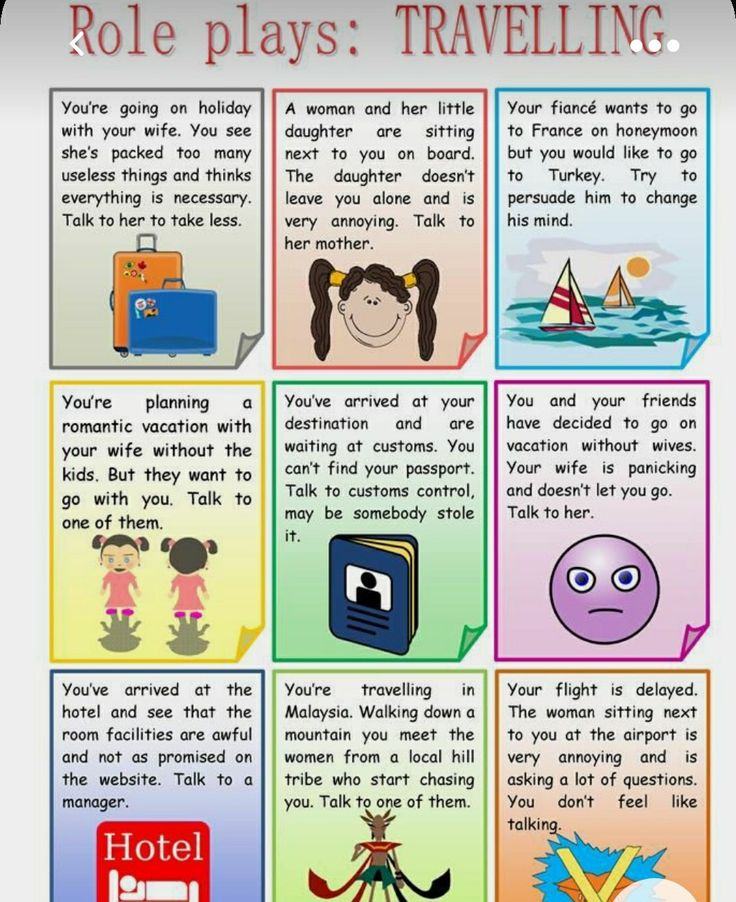 Reading Psalm 33, we certainly notice the depth of David's spiritual life, his relationship with God and trust in Him! We need to follow David's example, otherwise we will break with deeds what we build with words. If we teach our children to communicate with God through Scripture and prayer, but they do not see us with the Bible in our hands and on our knees in the secret place, our words are a cymbal that sounds or brass that tinkles. If we instill in them love for the church, but they hear from you only critical remarks about believers, unwillingness to go to church or participate in any ministry, then they will rather hate the church. If we worry about the future family of our children, but selfishness and quarrels reign in our house, then we will sow such weeds that our children will not soon be able to get rid of. If we call our children to hold on to God and not love the world, but our own priorities will loudly announce that comfort, money, ambition, etc. are most dear to us, then very soon, when they grow up, they will call us hypocrites, and with us the whole church.
Reading Psalm 33, we certainly notice the depth of David's spiritual life, his relationship with God and trust in Him! We need to follow David's example, otherwise we will break with deeds what we build with words. If we teach our children to communicate with God through Scripture and prayer, but they do not see us with the Bible in our hands and on our knees in the secret place, our words are a cymbal that sounds or brass that tinkles. If we instill in them love for the church, but they hear from you only critical remarks about believers, unwillingness to go to church or participate in any ministry, then they will rather hate the church. If we worry about the future family of our children, but selfishness and quarrels reign in our house, then we will sow such weeds that our children will not soon be able to get rid of. If we call our children to hold on to God and not love the world, but our own priorities will loudly announce that comfort, money, ambition, etc. are most dear to us, then very soon, when they grow up, they will call us hypocrites, and with us the whole church.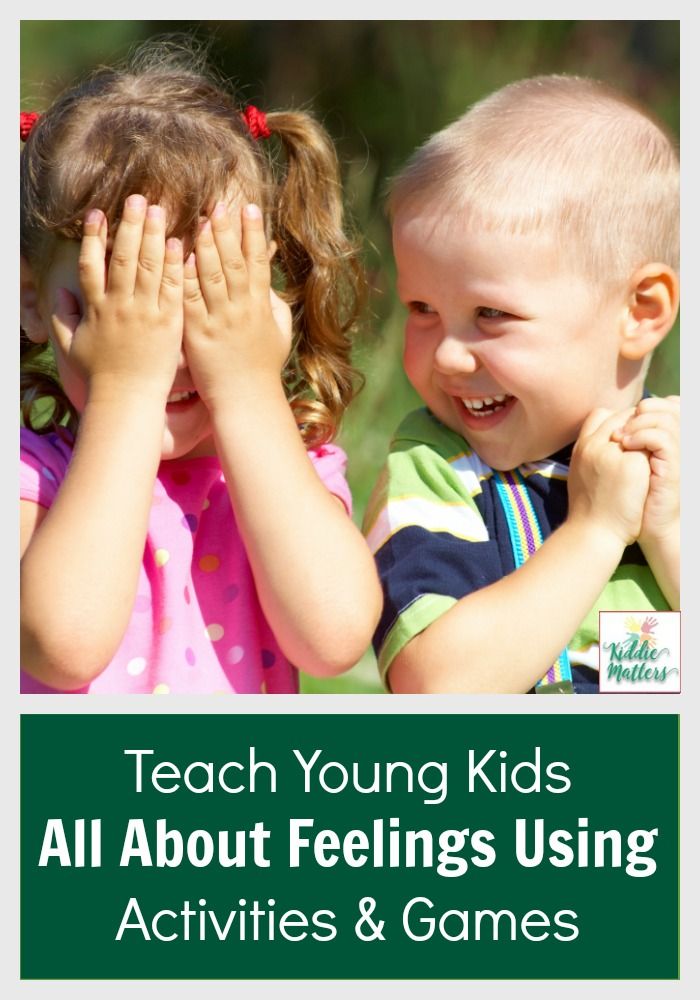 If we ourselves only play Christianity, then sooner or later the children will “bite” it, and you yourself will be guilty of the death of your own children! This idea is as simple as five cents: children need to see our positive experience - our sincere relationship with God, a consistent Christian life and right priorities. However, our negative experience will also be useful to them. They must learn from us to admit their sins and mistakes and repent of them. If they do not see this example in us, because we are always right or pretend to be saints, they will quickly guess everything, but they will never learn to be broken in spirit.
If we ourselves only play Christianity, then sooner or later the children will “bite” it, and you yourself will be guilty of the death of your own children! This idea is as simple as five cents: children need to see our positive experience - our sincere relationship with God, a consistent Christian life and right priorities. However, our negative experience will also be useful to them. They must learn from us to admit their sins and mistakes and repent of them. If they do not see this example in us, because we are always right or pretend to be saints, they will quickly guess everything, but they will never learn to be broken in spirit.
So, we should have one great goal - to create a evangelical atmosphere in the home, which will be saturated with constant reminder of Christ, sincere repentance and the desire for holiness. If we have tasted “how good the Lord is,” this should be visible, and, above all, to our children! Ultimately, we understand that the salvation of our children does not depend on us, but on God and the power of His gospel.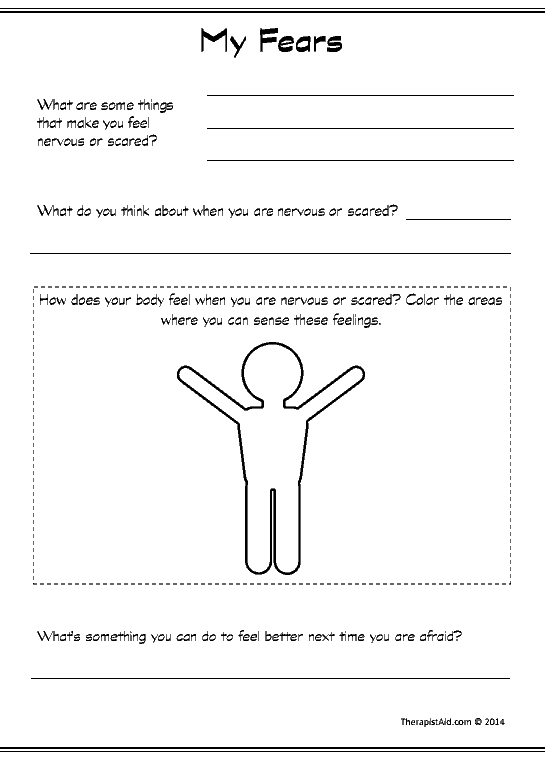 We are just tools in His hands! Therefore, armed with a spiritual sword, let us show obedience to the biblical call: “Do not provoke your children, but bring them up in the teaching and admonition of the Lord” (Eph. 6:4).
We are just tools in His hands! Therefore, armed with a spiritual sword, let us show obedience to the biblical call: “Do not provoke your children, but bring them up in the teaching and admonition of the Lord” (Eph. 6:4).
Alexander Gurtaev
Pastor of the Transfiguration Church, Samara. Together with his wife Irina, he has four children. Graduated from Samara State Medical University. He holds a Master of Divinity degree from The Master's Seminary in New Testament and Greek.
what does it mean to teach children "the fear of the Lord"
Leafing through the pages of the Bible, Christian parents have no right not to notice a simple truth: it is parents who are primarily responsible for the spiritual upbringing of children. No church, no Sunday school, nothing else can do it for them. They can help, but nothing more. According to God's plan, it is the family that should become a kind of greenhouse in which the necessary gospel temperature is maintained to protect young shoots from the destructive cold.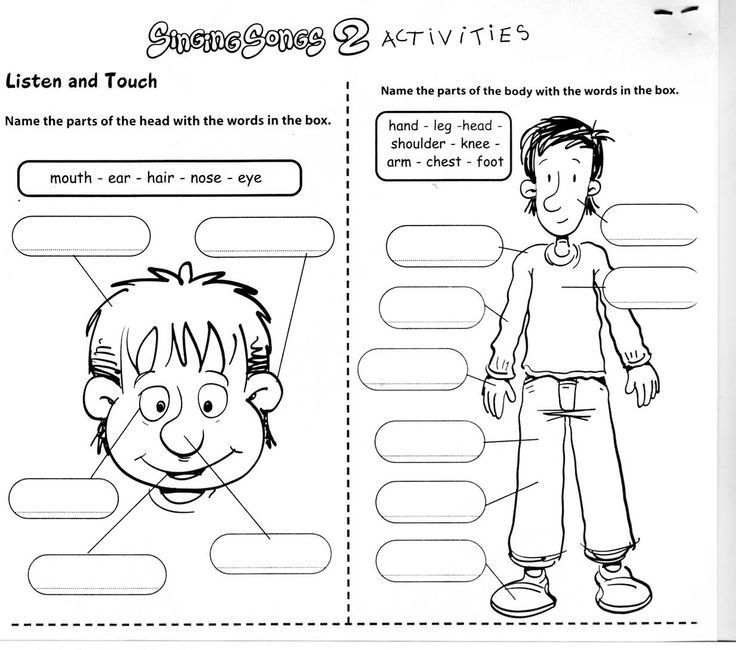 Therefore, if we know the Lord, but do not devote time to instructing our children, then we are on the way to tragedy. Of course, we do not want this, because we sincerely wish our children the best! To understand what it is, we turn our attention to Psalm 33, which repeatedly mentions this blessing. As we reflect on the spiritual education of children, we will focus on verse 12: “Come, children, listen to me; I will teach you the fear of the Lord” (Ps. 33:12). These precious words remind us that we must teach our children that only a relationship with the Lord is the key to survival in a hostile world. As we reread verse 12, we will ask three questions about the spiritual education of children: Why, what, and how should we teach our children?
Therefore, if we know the Lord, but do not devote time to instructing our children, then we are on the way to tragedy. Of course, we do not want this, because we sincerely wish our children the best! To understand what it is, we turn our attention to Psalm 33, which repeatedly mentions this blessing. As we reflect on the spiritual education of children, we will focus on verse 12: “Come, children, listen to me; I will teach you the fear of the Lord” (Ps. 33:12). These precious words remind us that we must teach our children that only a relationship with the Lord is the key to survival in a hostile world. As we reread verse 12, we will ask three questions about the spiritual education of children: Why, what, and how should we teach our children?
Why should children be taught?
Before us are the words of King David, who acts as a parent calling his sons: “Come, children, listen to me” (Ps. 33:12a). Like a wise father
he invites them to pay close attention to what he is about to tell them.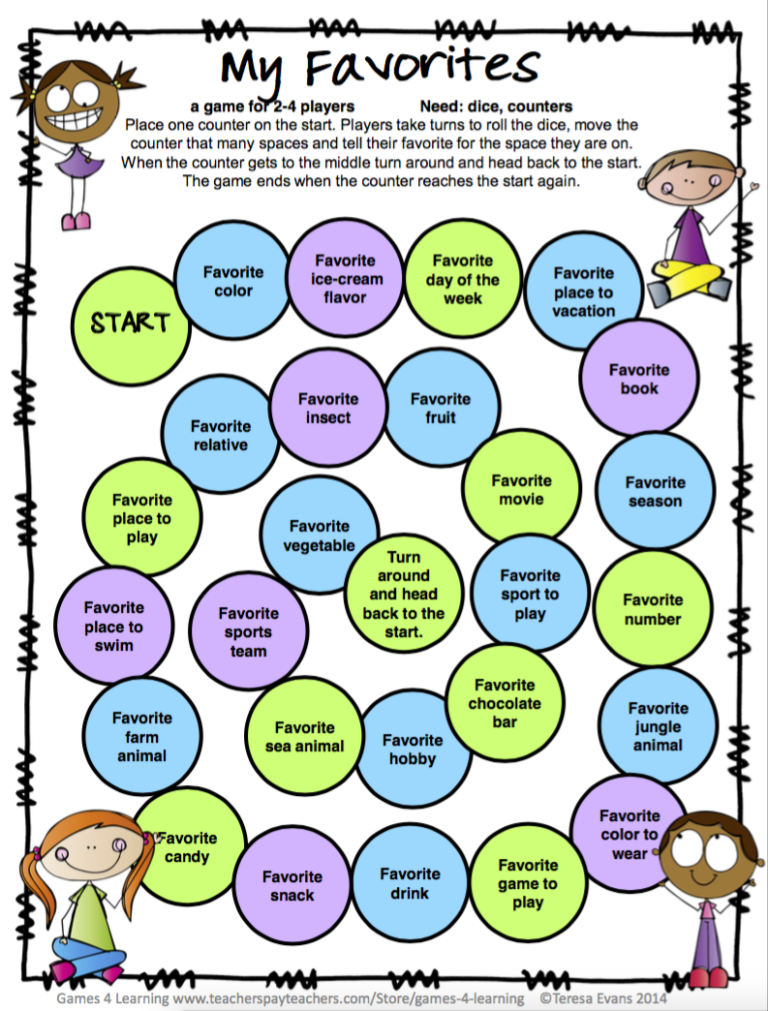 He wants to convey something important to them. In the context of this psalm, we find two reasons why parental instruction is worth considering.
He wants to convey something important to them. In the context of this psalm, we find two reasons why parental instruction is worth considering.
First of all, sooner or later everyone has to face the enemy outside. David knew firsthand how serious the pressure of the Gentile world is, because he wrote this psalm when he was surrounded by the wicked. In the title of the psalm we read: "David's psalm, when he pretended to be mad before Abimelech and was cast out from him and went away" (Ps. 34:1). His enemies most likely mocked him quite a bit in this situation (1 Sam. 21:13-15), so that he remarks, "Many are the afflictions of the righteous" (Ps. 33:20).
Our children will inevitably face the same enemy when wicked society exerts its pernicious influence on them. The school will teach them day by day about evolution, paganism, the commandments of men, worldly outlook, and so on. Numerous sections and additional classes, to which parents consider it their duty to enroll their children, will teach them day after day to rely on their own strength, pride and boast of their achievements, competitive spirit and intransigence, and sometimes simply aggression.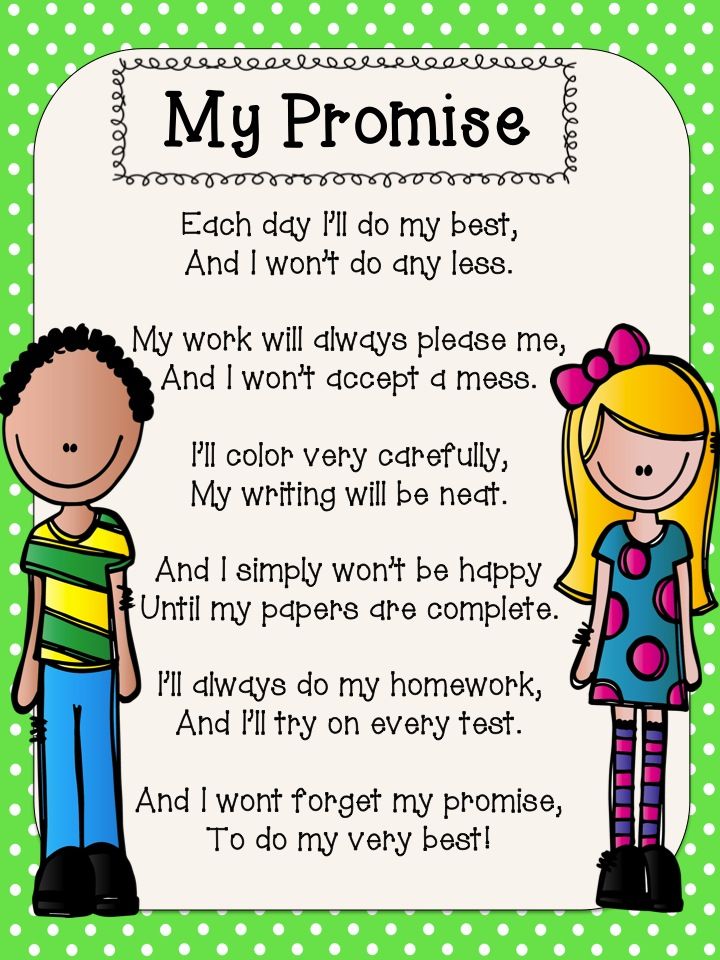 Friends and classmates will put pressure on them day after day, drag them into their gadgets, teach them foul language, anger and debauchery. The media will put godless ideas and images into their minds day after day. And what do we oppose to all this? Shall we bring you to church for two hours? Shall we pray with them before meals and before going to bed? And that's it?! We need to realize our daily responsibility to have a greater influence on our children than the world around them in which they are destined to live!
Friends and classmates will put pressure on them day after day, drag them into their gadgets, teach them foul language, anger and debauchery. The media will put godless ideas and images into their minds day after day. And what do we oppose to all this? Shall we bring you to church for two hours? Shall we pray with them before meals and before going to bed? And that's it?! We need to realize our daily responsibility to have a greater influence on our children than the world around them in which they are destined to live!
However, the enemy outside is not the only enemy of our children, there is also an enemy inside. By urging the children to heed his words, David points out their need for guidance and desires to share with them what he has learned by experience, for they, like other young men, are characterized by inexperience (Prov. 7:6-7). So are our children. Although they are inexperienced, they are already quite self-willed because of their inherent sinfulness and, as a result, they are constantly in danger. The enemy within, or the sin that lives in the heart, is the most dangerous enemy, because he is always with you. It is not just that the future king “feigned madness before Abimelech” (Ps. 33:1).
The enemy within, or the sin that lives in the heart, is the most dangerous enemy, because he is always with you. It is not just that the future king “feigned madness before Abimelech” (Ps. 33:1).
These simple observations from the psalm remind us that more than anything our children need the gospel of Jesus Christ, which is “the power of God unto salvation to everyone who believes” (Rom. 1:16). Only it can solve the problem of sin, self-will and disobedience, which is gaining momentum in their lives more and more every day. Who can and should fill their ether with the Gospel and offer the right remedy for the sin that breaks through them a thousand times a day? First of all, it's us parents! So why should we teach our children? Because it is dangerous to live in this world without the Word of God!
What should children be taught?
However, David not only invites his children to listen, but also promises something: “I will teach you the fear of the Lord” (Ps.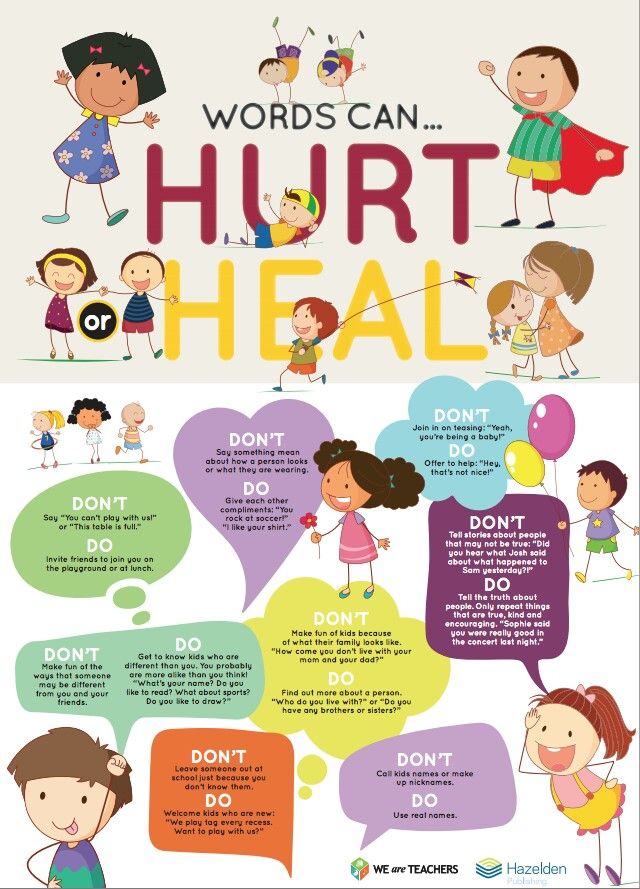 33:12b). Isn't it an unexpected item? We won't find it in the school curriculum. There is no circle for the study of the fear of God. Modern shows, cartoons and other programs are not dedicated to him either. Moreover, the fear of God is not instinctive. Unlike other fears that come by themselves, even when they are not called, the fear of God must be taught! What is the fear of God and what does it include? According to Solomon's definition, he is "the beginning of wisdom" (Proverbs 1:7). In other words, the fear of God is a reverent or respectful attitude towards the Lord, which determines a wise attitude to life, influencing both the way of thinking and the way of life. Location
33:12b). Isn't it an unexpected item? We won't find it in the school curriculum. There is no circle for the study of the fear of God. Modern shows, cartoons and other programs are not dedicated to him either. Moreover, the fear of God is not instinctive. Unlike other fears that come by themselves, even when they are not called, the fear of God must be taught! What is the fear of God and what does it include? According to Solomon's definition, he is "the beginning of wisdom" (Proverbs 1:7). In other words, the fear of God is a reverent or respectful attitude towards the Lord, which determines a wise attitude to life, influencing both the way of thinking and the way of life. Location
can we learn this attitude both for ourselves and for our children? The answer is very simple: from God's Word. But back to the content of the subject.
First of all, we note that the fear of God affects the way our children think. However, there is one important condition: we ourselves must know God and tell the truth about Him to our children, teaching them to recognize the authority of God and His Word.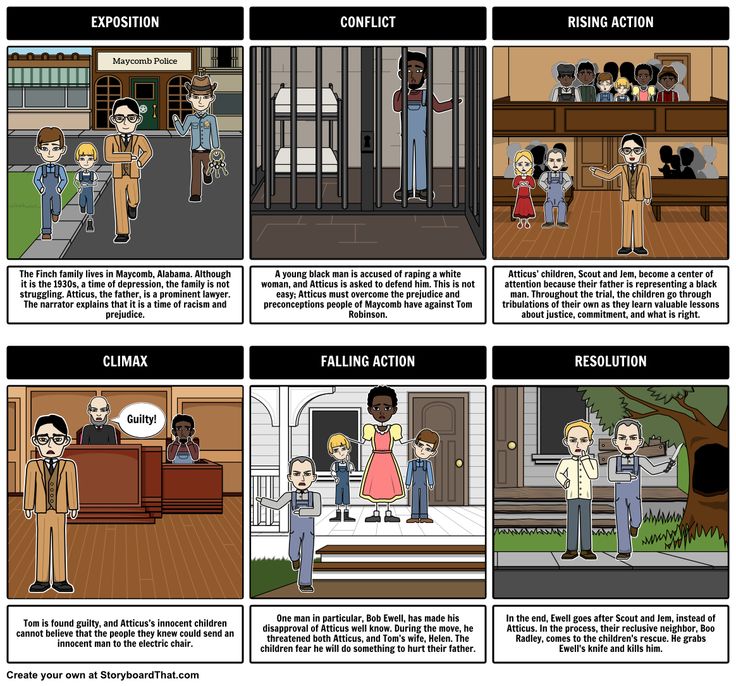 We should not be afraid to teach children the doctrine of God. Schoolchildren are able to perceive not only stories, but also doctrines. In addition, knowledge of God is much more important for them than knowledge of facts from biblical history. Someone may object: “But it’s difficult!” Then he needs to hear the rebuke of Charles Spurgeon: “If a doctrine is too difficult for a child, then the problem is not with the child, but with the teacher - he has too little understanding of this doctrine” (Come, children, 8). Therefore, if we really care about our children, then we will study God's Word ourselves!
We should not be afraid to teach children the doctrine of God. Schoolchildren are able to perceive not only stories, but also doctrines. In addition, knowledge of God is much more important for them than knowledge of facts from biblical history. Someone may object: “But it’s difficult!” Then he needs to hear the rebuke of Charles Spurgeon: “If a doctrine is too difficult for a child, then the problem is not with the child, but with the teacher - he has too little understanding of this doctrine” (Come, children, 8). Therefore, if we really care about our children, then we will study God's Word ourselves!
However, the fear of the Lord should not remain just a theory, influencing the way our children think. The second sphere of its manifestation is a way of life. Our task as parents is to teach children to walk before God! This means that we must teach them obedience to God through obedience to their parents, since God's Word gives parents authority and authority over their children for their own good.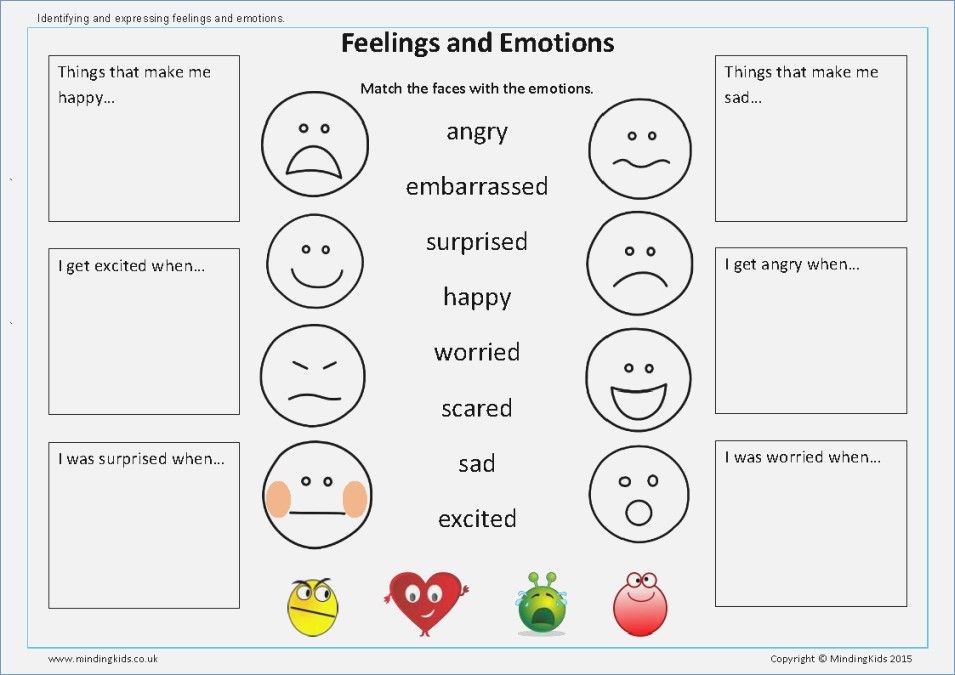 But our children will not be helped simply by the law: “No, no, no!” The older they get, the more they need biblical reasoning, biblical terminology, biblical change.
But our children will not be helped simply by the law: “No, no, no!” The older they get, the more they need biblical reasoning, biblical terminology, biblical change.
Therefore, our task is not just to teach children the Christian form, religious tradition and external actions! We are responsible for teaching them to need God, realize their dependence on Him and trust in Him! All this again reminds us of our children's deep need for the gospel of Jesus Christ
. Any sinner will oppose him, so we are required to persevere and persevere. If we ourselves have received the remission of sins, having gone through a difficult path, let us not be naive to believe that our children will automatically become believers without our efforts on the verge of a possible and God's supernatural action. So what should we teach children? Our task is to teach them the fear of the Lord and a life of worship to God.
How should children be taught?
Verse 12 ends with "I will teach you.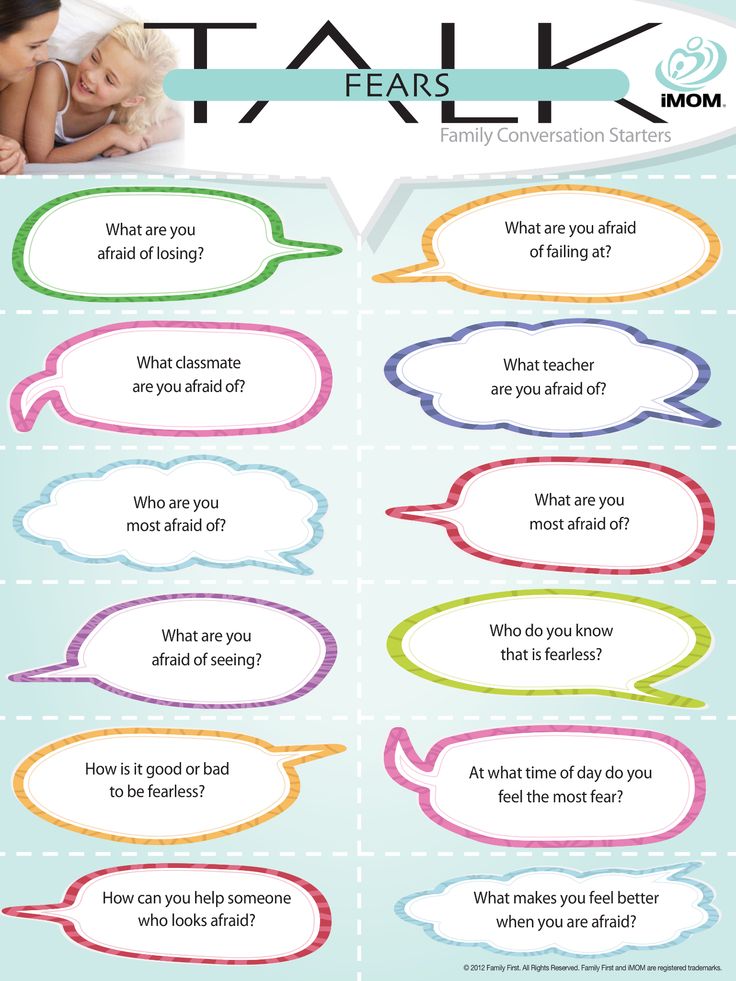 " What does David mean? He talks about formal instruction, but not only about it. The entire psalm is David's personal testimony of his trust in the Lord and God's faithfulness. Thus the psalmist shares with us two ways of teaching that we know must always be in balance. He speaks of personal instruction and personal example.
" What does David mean? He talks about formal instruction, but not only about it. The entire psalm is David's personal testimony of his trust in the Lord and God's faithfulness. Thus the psalmist shares with us two ways of teaching that we know must always be in balance. He speaks of personal instruction and personal example.
Let's start with personal instruction, which is entrusted to believing parents of both the Old and New Testaments (Deut. 6:7; 11:19; Eph. 6:4). This instruction must be carried out at different levels.
First, parents should practice daily conversation, that is, have communication in the context of building relationships. If we want to teach our children something, we need to communicate with them regularly. We need to learn to listen to children, even their unreasonable thoughts. We need to spend time with them so that our communication with them is not just about making amends. We need to use every opportunity to talk about the Lord, to remind about Christ, to interpret everything through the prism of God's Word.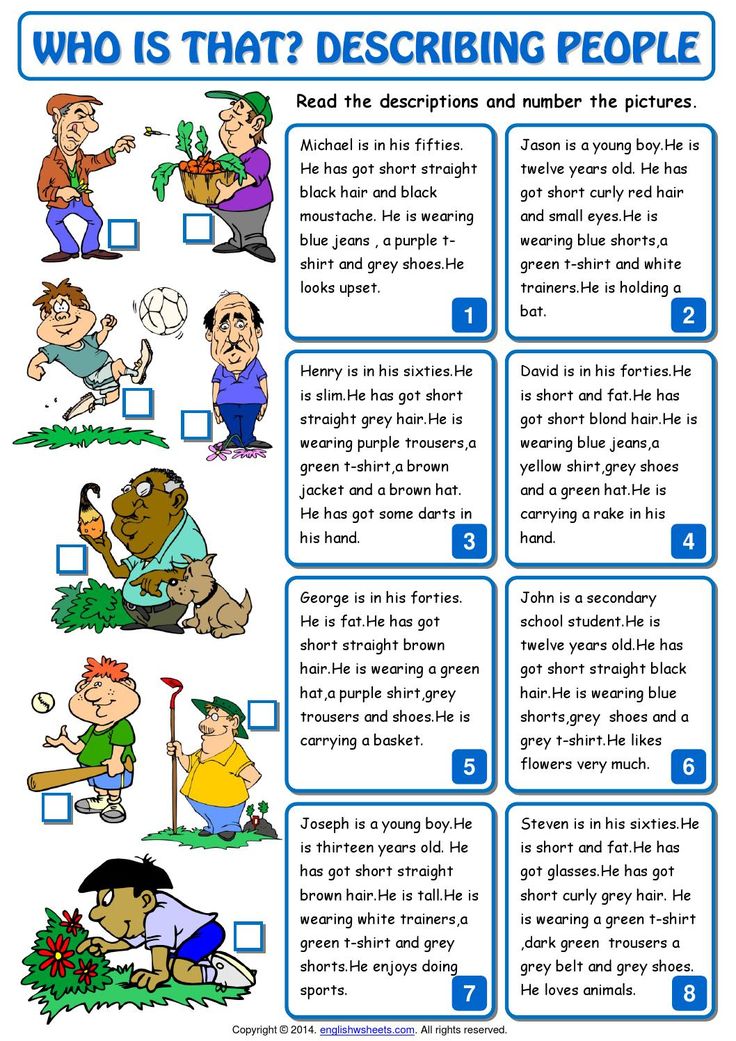 We need to biblically justify our claims and our actions.
We need to biblically justify our claims and our actions.
Secondly, parents should use family worship as a means of instruction. If we want to teach children spiritual truths, we should turn the family into a home church in which everyone lives by Christ and the gospel. We need to teach them to listen, including to God's Word. We need to instill in them love for God, His Word and prayer. Therefore, we must gather together so that the children learn from us to the extent of their age and faith to worship God! Whatever form family worship takes, we need to remember that it necessarily requires spending time with the children! Although it is not easy to find the time in the conditions of modern life and the eternal temptations of the flesh, let's not forget that relationships play a major role in instruction, and they need to be consciously built up!
However, all our words will be absolutely useless if the children do not see that we live as we say, that is, our personal example.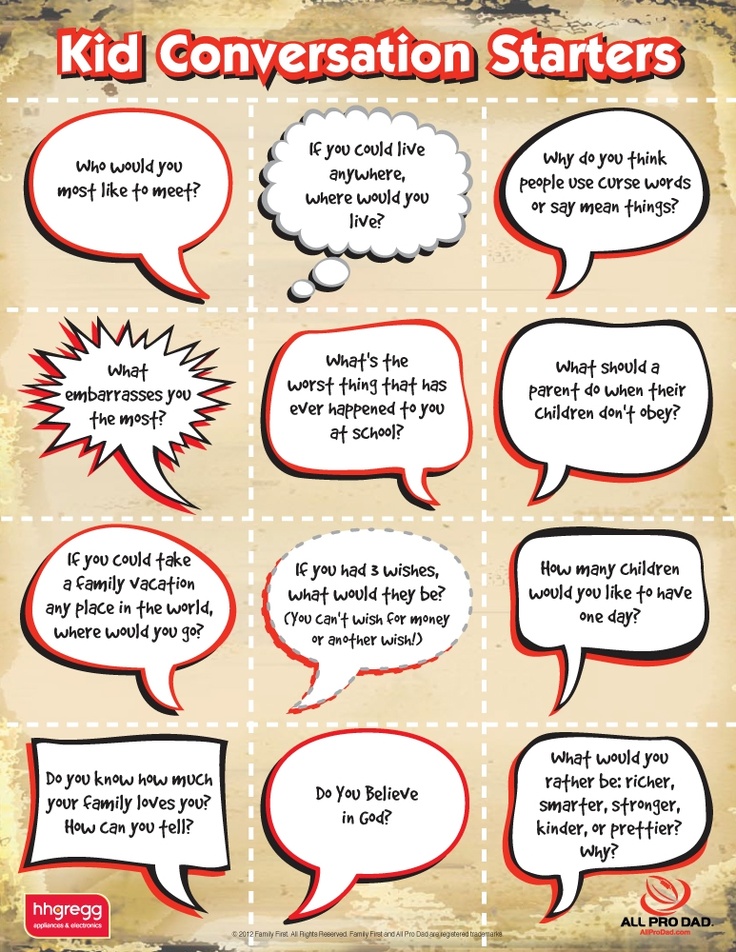 Reading Psalm 33, we certainly notice the depth of David's spiritual life, his relationship with God and trust in Him! We need to follow David's example, otherwise we will break with deeds what we build with words. If we teach our children to communicate with God through Scripture and prayer, but they do not see us with the Bible in our hands and on our knees in the secret place, our words are a cymbal that sounds or brass that tinkles. If we instill in them love for the church, but they hear from you only critical remarks about believers, unwillingness to go to church or participate in any ministry, then they will rather hate the church. If we worry about the future family of our children, but selfishness and quarrels reign in our house, then we will sow such weeds that our children will not soon be able to get rid of. If we call our children to hold on to God and not love the world, but our own priorities will loudly announce that comfort, money, ambition, etc. are most dear to us, then very soon, when they grow up, they will call us hypocrites, and with us the whole church.
Reading Psalm 33, we certainly notice the depth of David's spiritual life, his relationship with God and trust in Him! We need to follow David's example, otherwise we will break with deeds what we build with words. If we teach our children to communicate with God through Scripture and prayer, but they do not see us with the Bible in our hands and on our knees in the secret place, our words are a cymbal that sounds or brass that tinkles. If we instill in them love for the church, but they hear from you only critical remarks about believers, unwillingness to go to church or participate in any ministry, then they will rather hate the church. If we worry about the future family of our children, but selfishness and quarrels reign in our house, then we will sow such weeds that our children will not soon be able to get rid of. If we call our children to hold on to God and not love the world, but our own priorities will loudly announce that comfort, money, ambition, etc. are most dear to us, then very soon, when they grow up, they will call us hypocrites, and with us the whole church.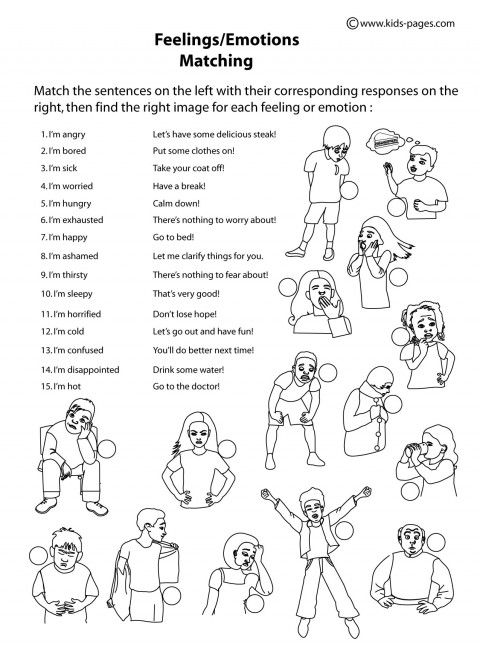 If we ourselves only play Christianity, then sooner or later the children will “bite” it, and you yourself will be guilty of the death of your own children! This idea is as simple as five cents: children need to see our positive experience - our sincere relationship with God, a consistent Christian life and right priorities. However, our negative experience will also be useful to them. They must learn from us to admit their sins and mistakes and repent of them. If they do not see this example in us, because we are always right or pretend to be saints, they will quickly guess everything, but they will never learn to be broken in spirit.
If we ourselves only play Christianity, then sooner or later the children will “bite” it, and you yourself will be guilty of the death of your own children! This idea is as simple as five cents: children need to see our positive experience - our sincere relationship with God, a consistent Christian life and right priorities. However, our negative experience will also be useful to them. They must learn from us to admit their sins and mistakes and repent of them. If they do not see this example in us, because we are always right or pretend to be saints, they will quickly guess everything, but they will never learn to be broken in spirit.
So, we should have one great goal - to create a evangelical atmosphere in the home, which will be saturated with constant reminder of Christ, sincere repentance and the desire for holiness. If we have tasted “how good the Lord is,” this should be visible, and, above all, to our children! Ultimately, we understand that the salvation of our children does not depend on us, but on God and the power of His gospel.




